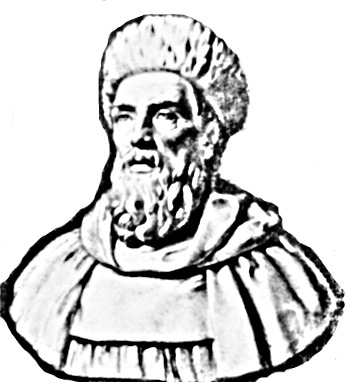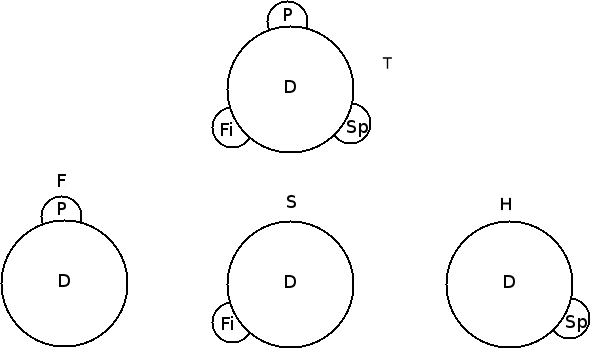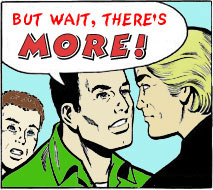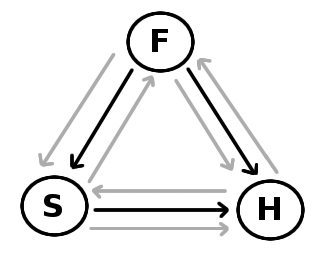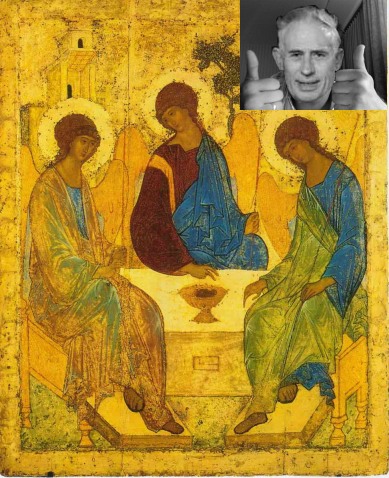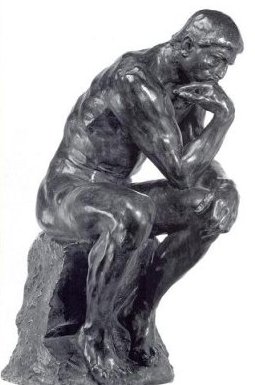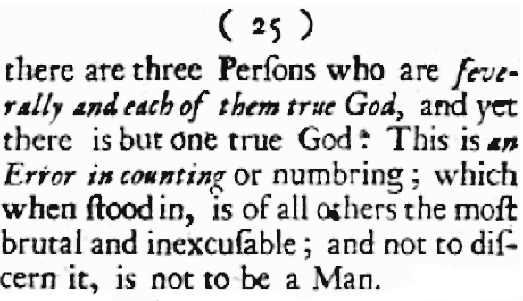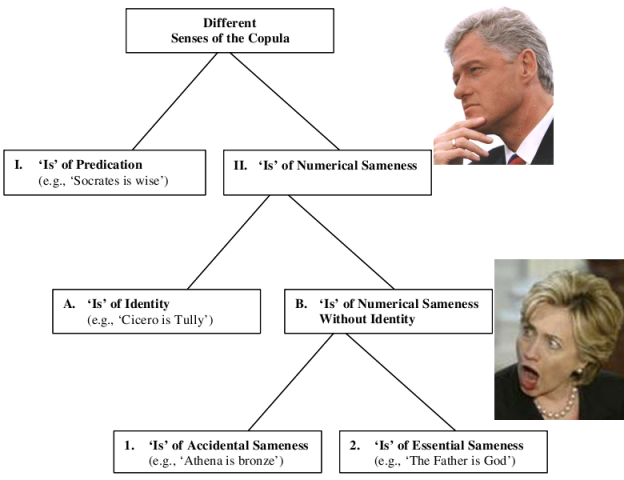MMM unleashed @ trinities
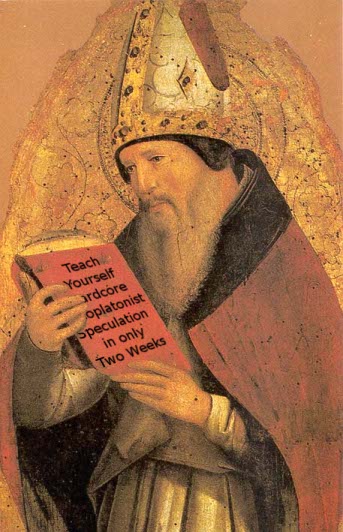
Blame a lot of MMM on this guy – the Hip’ster.
I feel some need to explain and justify what is going on here, as I have divided loyalties.
On the one hand, the stated purpose of the blog is to make recent research on trinitarian theories available to the wider public, in relatively brief, understandable, jargon free form.
On the other hand, this blog’s most faithful readers and commenters are specialists in medieval philosophy & theology, or in recent analytic philosophy of religion, and they can really get into dialogging in the way that PhDs (and to-be-PhDs) in these fields do – which is to say – highly abstract, jargon filled, argument-heavy discourse, that only a scholar can love. Being a scholar, of course, I love it, and have no desire to stem their exploration of historic trinitarian theories. They are all, in various ways, doing cutting edge work, and I learn a lot by listening in, and by joining in. And I know that other philosophy profs appreciate these discussions as well.
My solution? Have it both ways. 🙂 I just want to try to build a bridge for non-academic readers, to help them, maybe, be able to get something out of this recent Medieval Metaphysical Mayhem (MMM). So I’m going to try to give some relevant background information.
Here goes: Read More »MMM unleashed @ trinities
